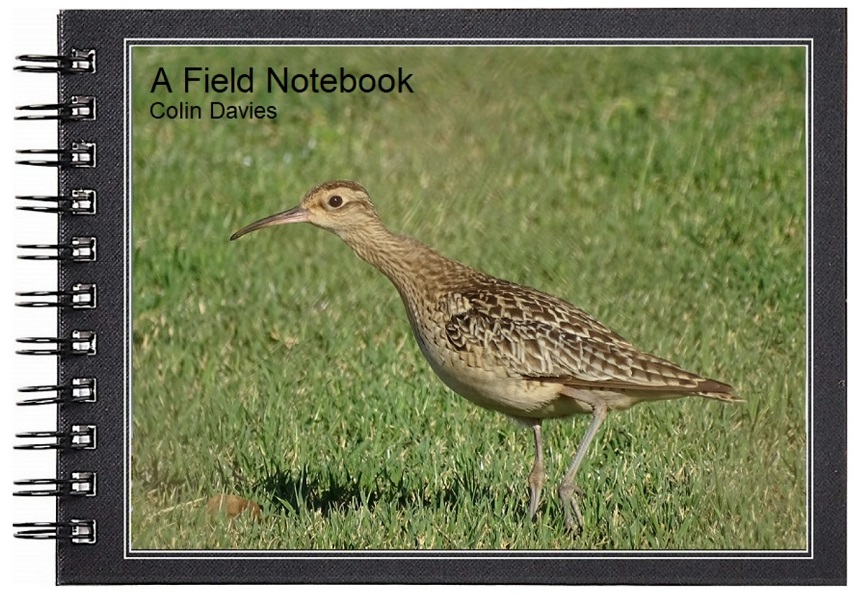My breeding bird survey started at 4:10am this morning and by 9:30am my
working day was over until tomorrow morning, so it was either spend the day in
my hotel room or find somewhere to go birding. In those circumstances it's
hard not to elect to go to Bempton Cliffs and get my annual dose of seabirds.
Seabird colonies fill every sense, but especially those of sight, hearing and
smell. What great places they are! Bempton Cliffs is by far the best and most
accessible UK mainland colony. Ok you could argue that Clo Mor on Cape Wrath
has many more puffins, or more perhaps even more birds in general, but I've
been to Clo Mor and it's not exactly accessible to the majority of people in
Scotland let alone the rest of the UK.
Where Bempton Cliffs really excel is with the gannets. To the best of my
knowledge, this is still the only mainland gannet colony in the UK, and it's
an impressive place with upwards of 10,000 pairs. I did once visit the Bass
Rock in the days when you could land on the island and walk amongst the birds,
but these days there can't be too many colonies where you can get much closer
than this.
It's great to watch their interactions at close range.
The birds often congregate on the top of the cliffs to gather nesting
material.
The gannets will float in the updrafts at the top of the cliffs and will come
quite close to the viewing platforms.
If gannets offer perhaps the best visual experience then kittiwakes provide
most of the background noise.
These particular birds were very noisy and seemed to be involved in some kind
of dispute.
Kittiwakes also collect nesting material from the top of the cliffs.
Guillemots and razorbills. There are puffins here, up to 3000 pairs apparently, but I only saw about 50 birds fairly distantly today.
There are fewer fulmars, I saw just a handful today.
Razorbills.
There's a good population of tree sparrows at Bempton cliffs.
Staple Newk, the summer residence of a black-browed albatross in 2021.
Impressive numbers of birds in the sky.







































No comments:
Post a Comment